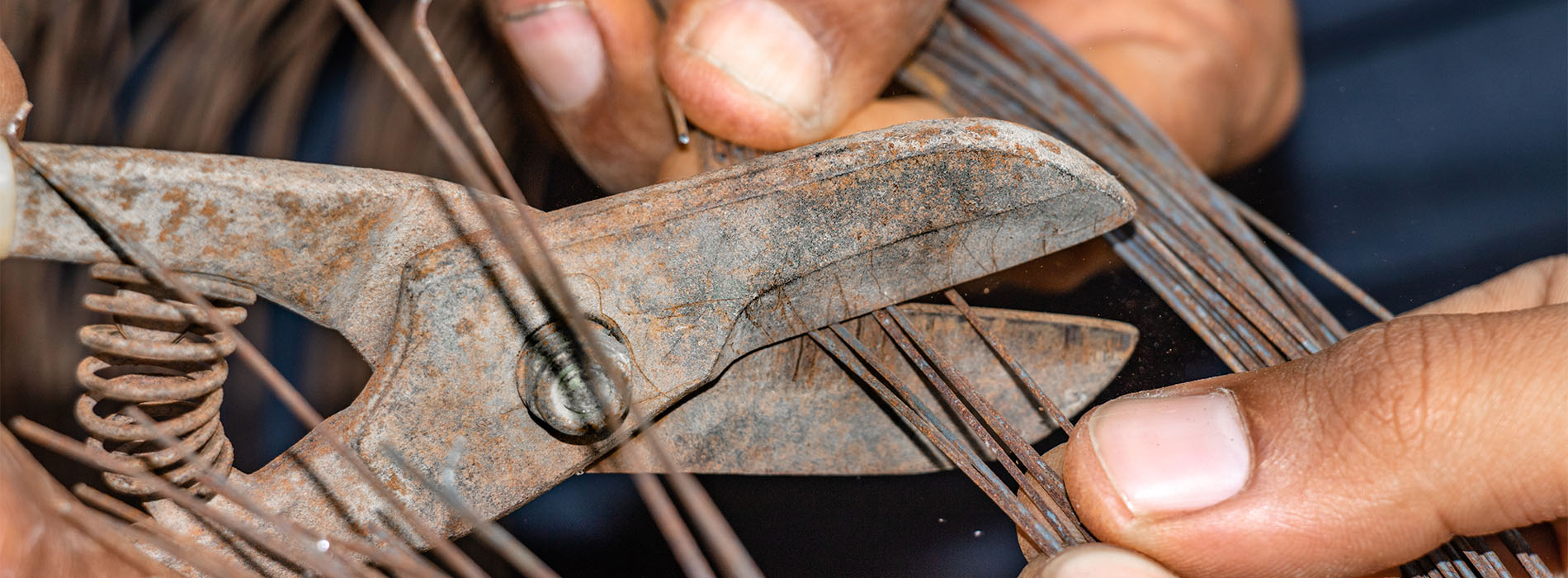To decide or not to decide? Well yes, but no at the same time
You’re bombarded with constant ordersto make fast decisions, choose a particular option (and devote yourself to it 120%) and specialize in an exclusive niche (and not stray from it). This gives you the impression you’re making headway and erasing uncertainty.
But you’re limiting your ability to change plans at short notice if something unexpected happens that becomes a fixture of the landscape. Although it may be reassuring to occupy a specific niche, it leaves you highly vulnerable to potential disruptions.
How can you avoid locking yourself in?
- It’s better to keep your options open and have a backup plan.
- Keep a close eye on the small decisions you make: although seemingly trivial, their cumulative effect sometimes leads to deadlock. We can’t live today without fossil energy, and are forced to exploit natural resources beyond reasonable limits, because of a series of minor decisions.
- Practice optionality thinking: for instance, put expertise to one side and look to develop transversal skills such as creativity. This will make you more flexible.
- Always search for diversity: surround yourself with a range of outlooks, skills and knowledge – this will make it easier to spot opportunities and extricate yourself from tricky situations.
Not making decisions can leave you feeling uneasy, but it will boost your ability to adapt to new situations.
“Preserving optionality: preparing for the unknown”
by Shane Parrish (Farnam Street, March 2020.)
© Copyright Business Digest - All rights reserved




